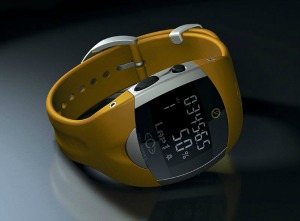A new prediction tool developed by an Interventional Radiologist team led by Dr. F. Edward Boas helps surgeons determine where and how long to position probes during cryoablation. The searchable database uses simulations to identify the best probe spacing and ablation time for different tissues and tumors. View the Prediction Tool here.
Boas, F.E., Srimathveeravalli, G., Durack, J.C. et al. Cardiovasc Intervent Radiol (2017). doi:10.1007/s00270-016-1562-4
Dr. Howard Scher joins forces with Seven Bridges biomedical data analysis company and Dr. Geoff Otto of the Foundation Center to present an update to their Cancer Moonshot project, the Blood Profiling Atlas, at the Precision Medicine World Congress in Silicon Valley. Blood profiling allows for identifying changes at the genetic level using a simple blood test instead of invasive tissue biospies. And the atlas provides access to enormous amounts of data to further research in identifying the most effective therapies for individual patients based on their blood.
Dr. Peter Bach makes the bold argument that the U.S. government should buy Gilead, the maker of the hepatitis C drugs that can cost upwards of $42,000 for a curative treatment course. By buying the company, the U.S. government can provide affordable therapy to quickly treat and cure the 2.7 million Americans who suffer from hepatitis C. This will save money in the long term, thanks to the drug’s ability to stop, and in some cases even reverse, liver damage.
Last week at the Critical Care Congress in Honolulu, Dr. Stephen Pastores moderated a session on the high risk of burnout for critical care clinicians. Best practices were discussed during the session, including shortening the length of rotations and modifying weekend call schedules. According to Dr. Pastores, “data show that if a physician takes care of 12 or more patients or a nurse takes care of more than 2.5 to 3 patients,” the rate of burnout can increase. Providing a supportive work environment is essential, prioritizing staff self-care. MSK provides clinicians with reflection time, afternoon tea, and a meditation room to combat burnout.
